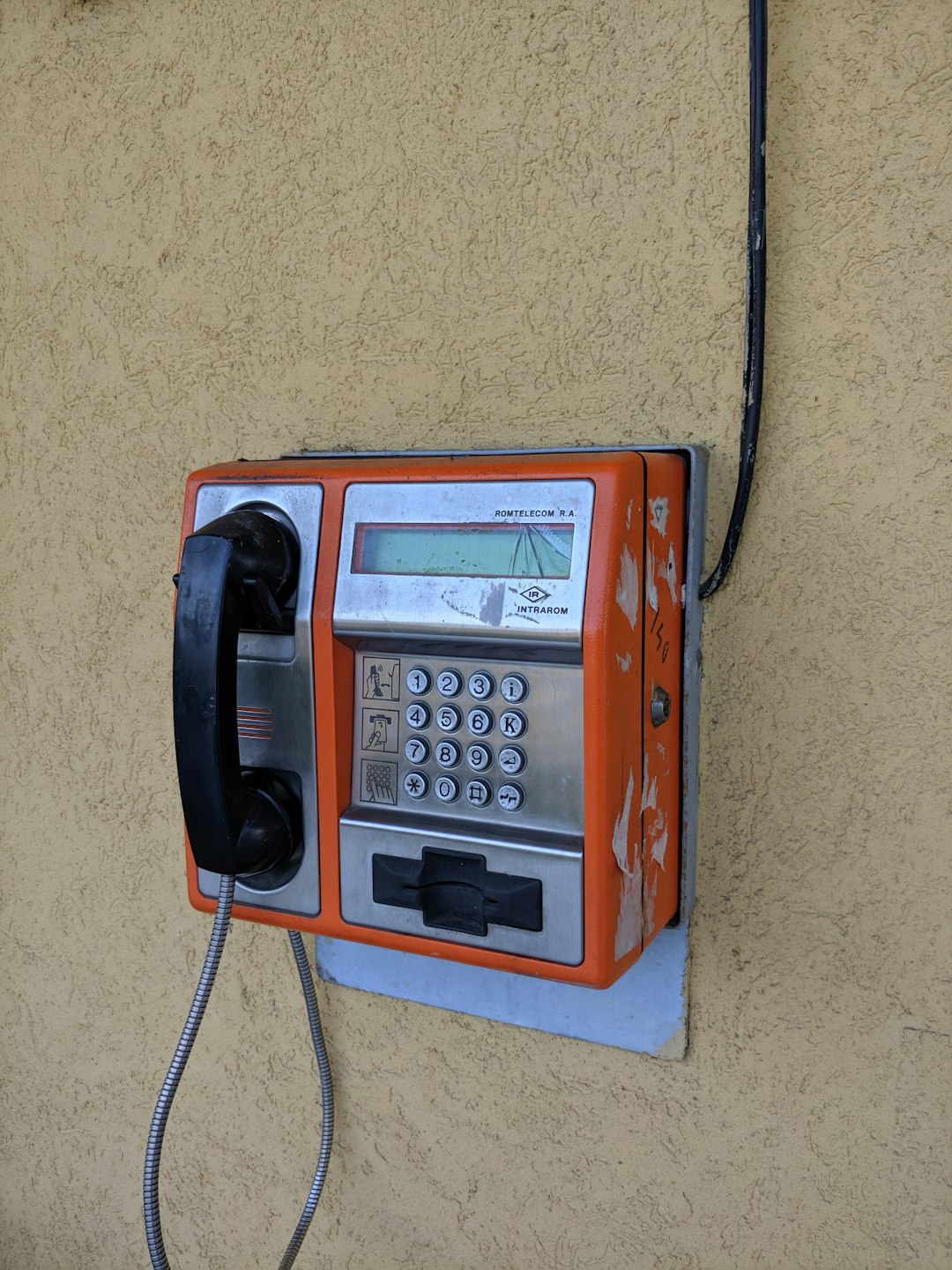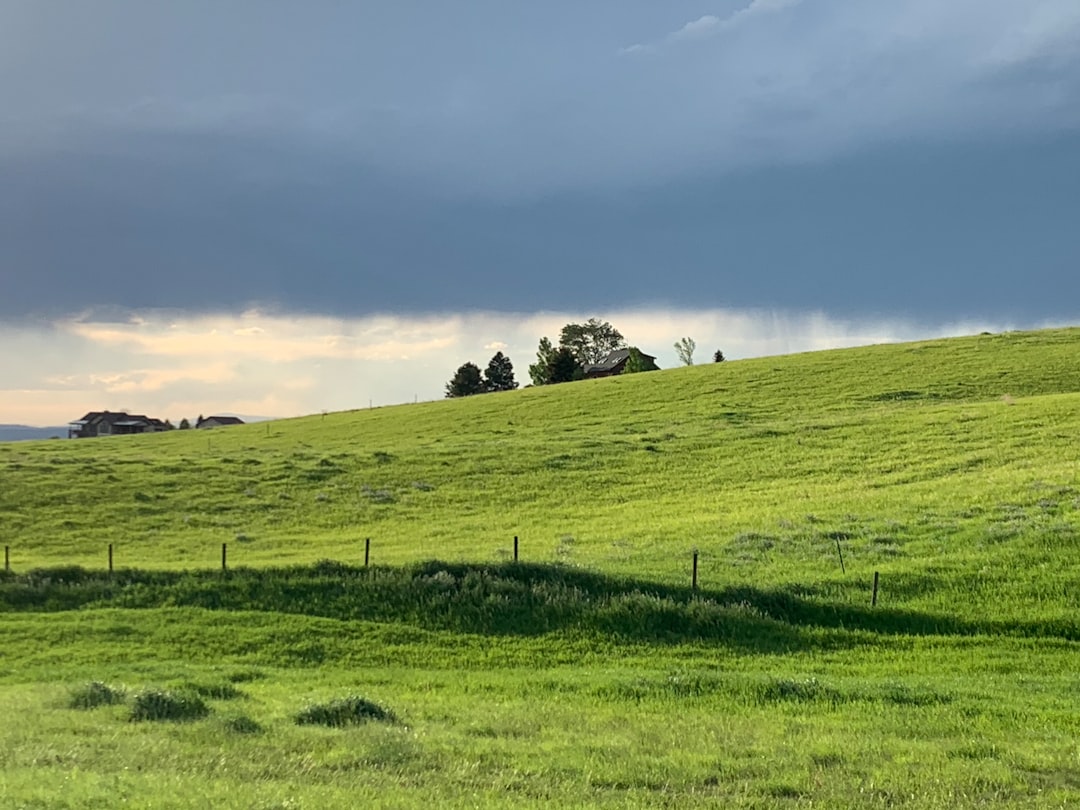In Kalispell, Montana, robocalls were once common for marketing but have evolved into a significant nuisance. The lack of regulation prompted citizens and law firms to advocate for change, leading to the introduction of Montana's Spam Call Law. This law aims to protect residents from intrusive automated calls, holding businesses accountable while respecting privacy. To combat spam calls, individuals and businesses in Montana should stay informed about regulations, implement do-not-call lists, adopt call blocking technologies, and raise consumer awareness.
“Unwanted phone calls, once a nuisance, evolved into a regulated concern with the rise of robocalls in Kalispell. This historical journey spans from the early days of automated dialing for marketing purposes to the modern-day challenges of navigating strict spam call laws in Montana.
The article delves into how these calls transformed from a novel strategy to a widespread issue, ultimately shaping legal landscapes. We explore the impact of the Spam Call Law and its role in empowering residents while highlighting the ongoing efforts of a local law firm specializing in spam call regulations.”
The Early Days of Robocalls in Kalispell: A Historical Perspective

In the early days, robocalls in Kalispell, Montana, were not as regulated or recognized as a nuisance as they are today. This period saw the emergence of automated phone systems primarily used for marketing purposes by local businesses and political campaigns. While these calls could be intrusive, they often contained valuable information relevant to the community. However, the lack of legal frameworks meant that there was little recourse for residents plagued by unwanted or deceptive robocalls.
As time progressed, the proliferation of spam calls intensified, prompting concerned citizens and local law firms in Montana to advocate for stricter regulations. The introduction of the Spam Call laws aimed to protect consumers from nuisance calls and provide them with more control over their communication channels. These legal developments marked a significant shift, transforming the landscape of robocalls in Kalispell and across Montana, ensuring that businesses and organizations adhere to ethical marketing practices while respecting residents’ privacy and peace of mind.
Evolution of Spam Calls and the Enactment of the Spam Call Law

The evolution of spam calls has been a significant journey, and Kalispell has not been immune to this trend. What started as nuisance calls from telemarketers quickly escalated into a national crisis. The sheer volume of unsolicited phone calls led to the enactment of the Spam Call Law in Montana, aiming to protect residents from these pesky intrusions. This law, like others across the nation, marked a turning point in the fight against spam calls.
In response to the growing problem, consumers and legal experts pushed for stricter regulations. The Spam Call Law in Montana was designed to hold call centers and businesses accountable for their actions, ensuring that residents could enjoy a quieter, more peaceful communication environment. With technological advancements making it easier than ever to automate and scale outbound calls, the law served as a critical measure to curb excessive spam calls and protect consumer privacy.
Modern Day Challenges and Solutions in Navigating Spam Call Laws in Montana

In modern times, navigating the landscape of communication has become increasingly complex, especially with the rise of automated calls or “robocalls.” While these technology advancements offer numerous benefits, they also present significant challenges in terms of consumer protection and privacy. In Montana, as in many states across the nation, there’s a growing concern over the proliferation of spam calls, leading to stricter regulations and increased vigilance among consumers and legal experts alike.
To combat this issue, individuals and businesses alike must stay informed about the latest spam call law firm Montana guidelines and practices. One primary solution involves implementing robust do-not-call lists and ensuring compliance with state laws. Additionally, advanced call blocking technologies are becoming essential tools for both residential and commercial users to filter out unwanted calls. These strategies, combined with heightened consumer awareness, contribute to a more regulated and user-friendly communication environment in Montana.






